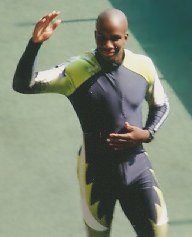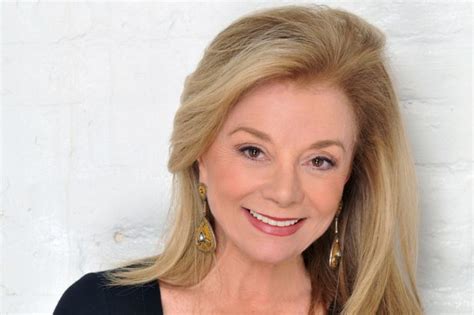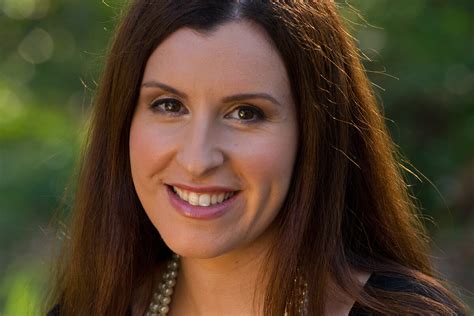A Quote by Priyanka Chopra
I've been doing a lot of work on female rights, especially adolescent rights. I've been to a lot of schools where the UNICEF had set up villages in India, and it's an eye-opening experience.
Related Quotes
The public/private partnerships are taking various forms in India. It is individuals who are socially oriented are setting up schools. They're setting up colleges. They're setting up universities. They're setting up primary-education schools in the villages, particularly the villages their original families came from.
I wrote the first draft of the New People quickly but it had been percolating a lot longer. It's a hard question to answer because I'd been working on another novel for years and when I gave up on that, this one came very easily. But I think the work had been going on a lot longer than the actual writing.
My own sense as an American is that we have begun to experience the disadvantages of framing virtually all moral issues in terms of individual rights. American history has consisted of swings back and forth between rights talk on the one hand and talk of duties, responsibilities, and the common good on the other hand. Recent decades have seen a big swing toward rights, and conceived in very individualistic terms, which hasn't always been the case even with rights.
As Elders, we are fully committed to the principle that all human beings are of equal worth. You will see that we highlight equality for girls and women - not just women's rights. That is important as girls, especially adolescent girls, have been almost invisible in debates on equal rights. Yet it is in adolescence that events can have a huge effect on a girl's life.
With my human rights advocacy, that's always been through my writing. I've always tried to write articles and contribute to journals and a lot of online journals - about human rights, especially Palestinian human rights. I find the time to do things to do things I'm passionate about, because I find enjoyment in them. I just have to juggle.




































